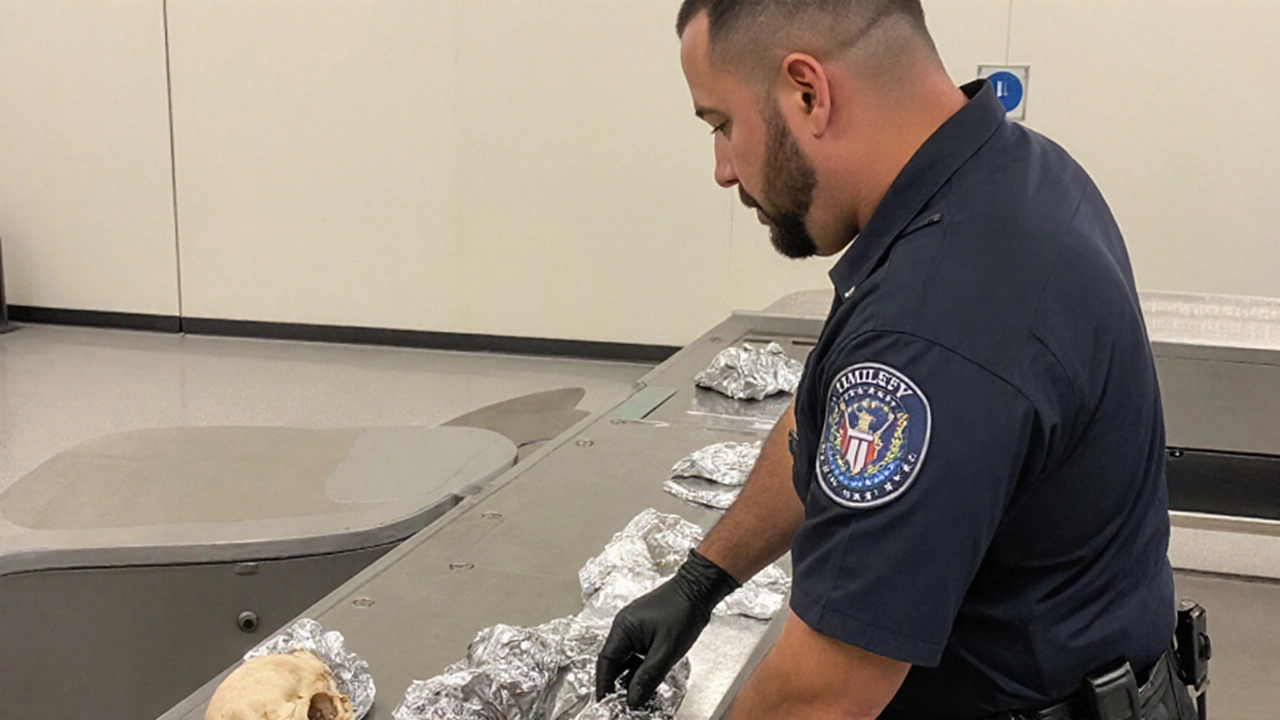Illegal Human Remains: Definition, Risks and Legal Context
When talking about Illegal Human Remains, human tissue, organs or whole bodies that have been obtained, possessed, or distributed in violation of national and international law. Also known as unlawful cadavers, it poses serious health, ethical and criminal challenges for societies worldwide.
The field of Forensic Anthropology, the scientific study of human skeletal remains to identify individuals and determine cause of death becomes crucial when authorities encounter illegal human remains. These specialists analyze bone composition, trauma patterns and burial contexts, providing evidence that can link a corpse to criminal activity. In practice, forensic anthropology requires meticulous lab work, field excavation skills and a solid grasp of legal standards. The discipline often works hand‑in‑hand with law enforcement, helping to turn anonymous fragments into courtroom‑ready testimony.
One major driver behind the illicit trade of bodies is Human Trafficking, the illegal recruitment, transport, or exploitation of persons for forced labour, sexual slavery or organ removal. When victims are trafficked, their bodies are sometimes harvested for organ markets or sold as macabre collectibles. This creates a dark supply chain where illegal human remains feed a demand that spans medical black markets, occult collectors and even pseudo‑scientific exhibitions. Understanding this link is essential for policymakers who aim to disrupt the profit motive behind the trade.
Legal Investigations and Ethical Concerns
National Legal Investigations, the systematic process by which police, prosecutors and courts examine evidence to build criminal cases rely heavily on the proper handling of illegal human remains. Chain‑of‑custody protocols, consent from next of kin and compliance with the Human Tissue Act (or its equivalents) shape how evidence is admitted in court. Failure to observe these rules can lead to case dismissals, wrongful convictions or international diplomatic disputes.
Beyond the legal realm, Ethical Concerns, questions about dignity, respect for the deceased and cultural sensitivities surrounding the treatment of bodies dominate public debate. Communities impacted by illegal body trade often experience trauma, loss of cultural heritage and mistrust of authorities. Ethical guidelines from bodies like the World Medical Association stress that any handling of human remains must honor the person’s autonomy and cultural background.
All these pieces— forensic anthropology, human trafficking, legal investigations and ethical considerations—interlock to form a complex ecosystem around illegal human remains. As you scroll down, you’ll find articles that break down each aspect in plain language, share real‑world case studies, and offer practical tips for professionals dealing with this challenging material. Dive in to see how the sport, the science, and the law intersect in ways you might not expect.
